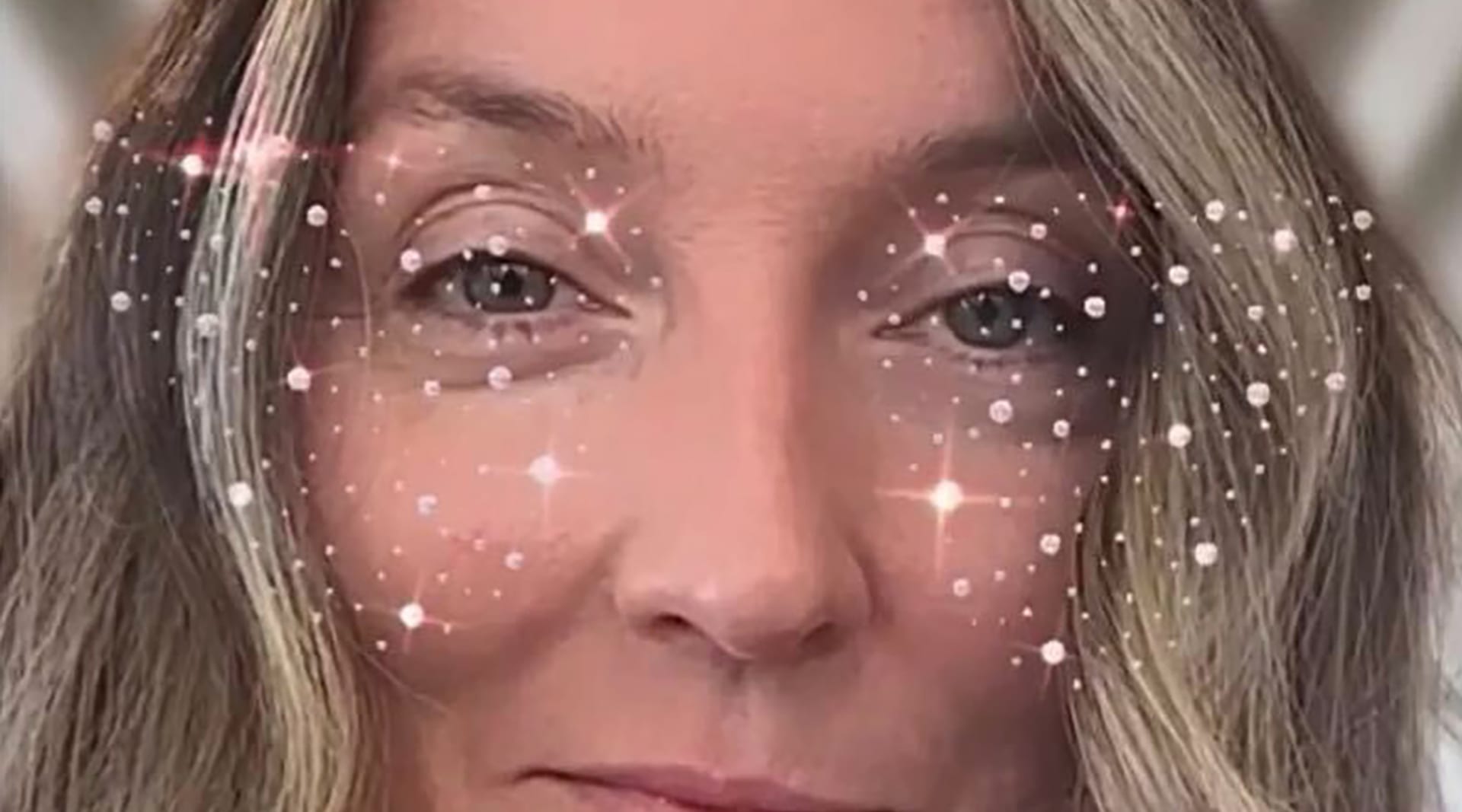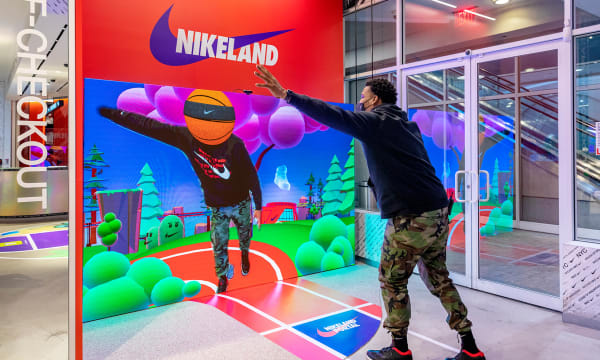Brands are testing consumer interest with digital product launches and following up with physical product reveals. Several brands are reversing their product launch strategy, going digital first and releasing a physical product in a second round.
“For incumbent brands like an Adidas or a New Balance or Under Armour or LVMH or Kering maisons, the model has been to take a physical good that’s popular and toss it into Roblox or Fortnite,” Ryan Mullins, founder and CEO of the virtual goods app Aglet, tells Wunderman Thompson Intelligence. “I’m more interested in an inverted model, where you release it in a game. It’s birthed in the metaverse, and when it’s popular there, then you release it physically.”
Aglet did just that, launching its own virtual sneaker for players to purchase and wear in its sneakerverse and then following up with a physical release months later in December 2021. Mullins tells Wunderman Thompson Intelligence that this strategy allowed them to “quantify the demand” in-game, which informed their physical release strategy.
Makeup artist Jo Baker is embracing this launch method with a new product from her makeup brand, Bakeup. Rather than creating an NFT for a product that already exists in her line, Baker unveiled the new Disco Veiler Eye Adornment as a Snapchat and Instagram filter as well as an NFT created with Daz 3D, available to 500 consumers at no charge based on their engagement with the brand. The product’s digital release at the beginning of August was followed up with a physical launch at the end of the month.
The popular tech accessory brand CASETiFY announced an upcoming minting series called ARTFT in September. ARTFT will “develop metaverse-ready digital collectibles with a physical spin to them,” according to a press release. The venture’s focus is on integrating digital and physical experiences: blending NFT and digital art with its established physical accessories and exclusive advantages for buyers.
Similarly, AR fashion platform ZERO10 and Crosby Studios launched a digital-only clothing popup in August in New York City. Co-existing between the physical and digital, guests can visit the physical store and try on pieces from the digital collection using QR codes on the ZERO10 app, where they can tailor the clothing and upload images from the app.
Felipe Ritis, planning supervisor for Wunderman Thompson Sao Paulo, shares a similar product release in Brazil with Wunderman Thompson Intelligence. Fashion brand Reserve launched Reserva X, its brand in the metaverse, with a new collection of NFTs. The brand’s famous woodpecker logo was recreated into what it calls a Pistol Bird, designed with different colors and patterns throughout the collection. As part of the first launch, customers who purchase an NFT will also receive a hoodie that displays the consumer’s purchased pistol bird on it.
A structure made from NFTs-gone-physical won in the 2022 Tallinn Architecture Biennale’s Slowbuilding competition. UK studio Iheartblob took decentralization to another level with their own NFT-generative tool, with which it asked its community to design and mint their own NFTs. Once the NFTs were created, the studio created physical versions of the NFTs and built a pavilion with them. At the installation’s reveal, Iheartblob told Dezeen this was "the first NFT pavilion in the world that is designed by the community together, it's also co-owned by the community and co-funded by the community.”
According to Ryan Mullins, "the biggest opportunity for physical goods is virtual goods." Brands are targeting their core consumer base and tailoring their release strategy to a primarily digital product design, engaging consumers before the physical launch ever occurs.


